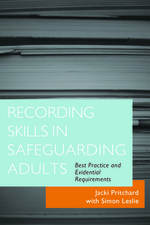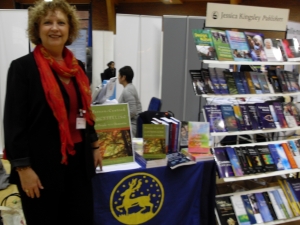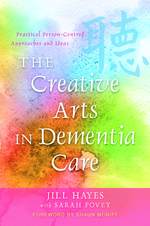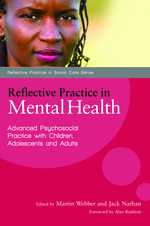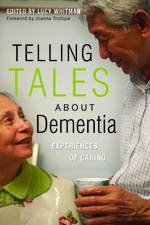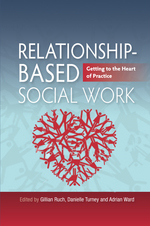Good record-keeping matters: An excerpt from Jacki Pritchard’s ‘Recording Skills in Safeguarding Adults’
“We know that most workers are under extreme pressure with ever increasing workloads and there can be a reluctance to give recording the priority it deserves. Increasing workloads can be partly due to a lack of resources. It is important that people in positions of power argue for an increase in resources, but to do that arguments have to be put forward that there is a real need. Keeping good records can aid this.”
